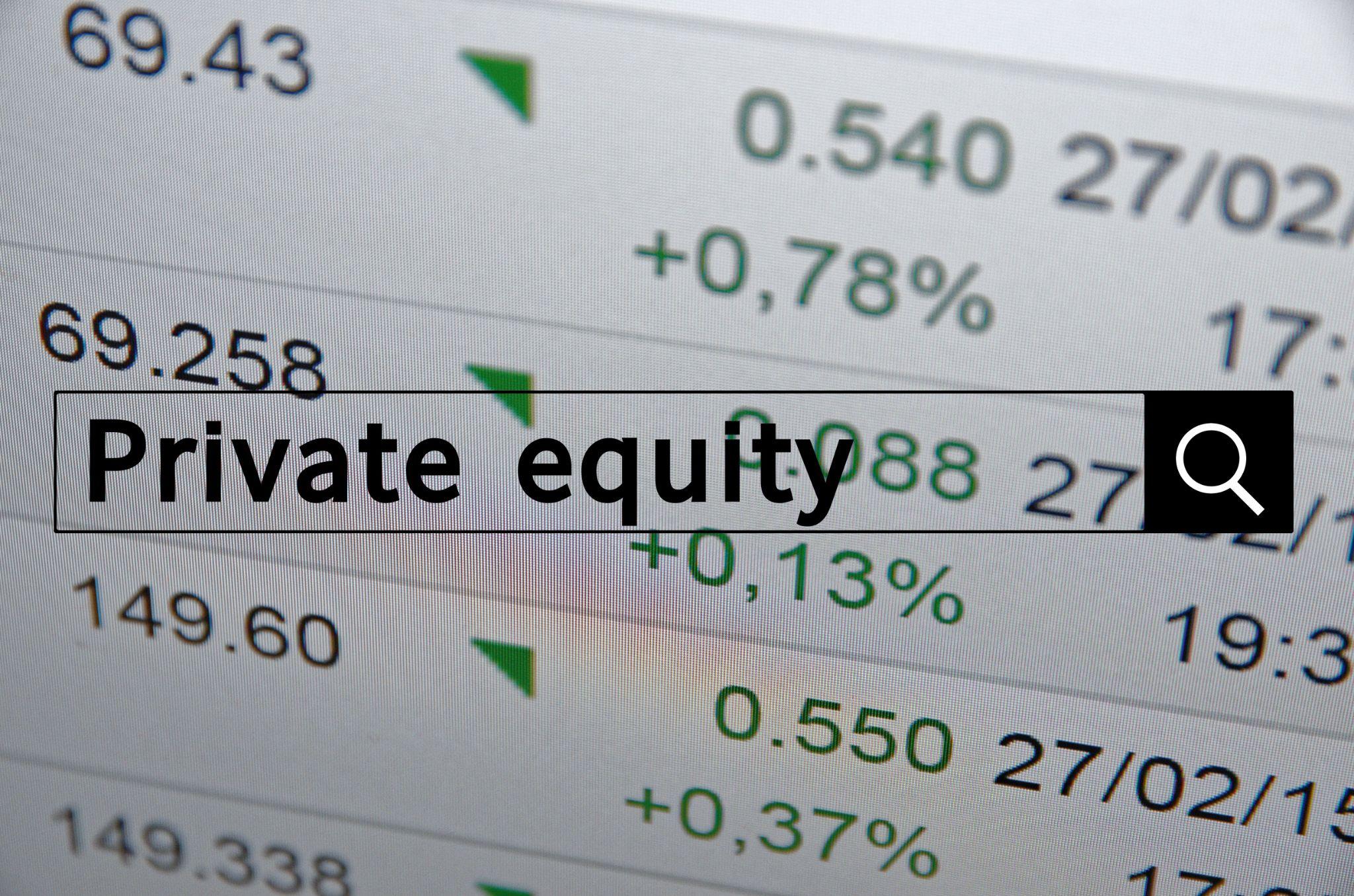
Introduction: Overview of Hedge Funds and Private Equity
Hedge funds and private equity firms are titans of the investment world, each wielding distinct strategies to achieve superior returns for their investors. These entities not only play pivotal roles in financial markets but also in shaping industries and guiding companies towards growth and innovation. This article offers an in-depth exploration of hedge funds and private equity, shedding light on their methodologies, challenges, and the impact they have on the global economic landscape.
Understanding Hedge Funds
Hedge funds are investment pools that employ various strategies to realize gains or hedge against market downturns. They are known for their flexibility in investment options, including stocks, bonds, commodities, and derivatives. This section will discuss the purpose of hedge funds, delve into their key strategies such as long/short equity, global macro, and arbitrage, and explore how they manage risk to protect and grow their investments.
Delving into Private Equity
Private equity firms invest in companies, often acquiring significant stakes with the aim of improving their value over time before eventually selling for a profit. This segment will cover the basics of private equity, its investment approach focusing on leveraged buyouts, growth capital, and distressed investments, and its crucial role in providing capital for corporate growth and restructuring.
Comparative Analysis
While hedge funds and private equity share the goal of generating high returns for their investors, their paths diverge in terms of investment focus, performance evaluation, and the investor profile they attract. This analysis will highlight these differences, providing clarity on their distinct roles within the investment spectrum.
Evolution of Institutional Strategies
The strategies employed by hedge funds and private equity firms have evolved significantly over the years. This section traces their historical development, notes key innovations and trends, and discusses the impact of global economic shifts on their operations and investment decisions.
Regulatory Landscape
The regulatory framework governing hedge funds and private equity is crucial for maintaining market stability and protecting investors. This part will overview the current regulatory landscape, recent changes, and the importance of compliance and ethical considerations in these investment vehicles.
Risk Assessment and Management
Investing in hedge funds and private equity comes with its set of risks. This section identifies these risks, outlines mitigation strategies, and underscores the importance of due diligence in safeguarding investments.
Investment Process
From deal sourcing to exit strategies, the investment process in hedge funds and private equity is complex and multifaceted. This segment will explore the steps involved, including valuation techniques and the criteria for selecting and eventually exiting investments.
Performance Evaluation
Evaluating the performance of hedge funds and private equity is crucial for investors. This section discusses benchmarks, the importance of transparency, and how investor reporting and communication play roles in assessing success.
Sector-Specific Strategies
Hedge funds and private equity employ sector-specific strategies to maximize returns. This part will examine how these entities navigate different sectors such as technology, healthcare, real estate, and energy, adapting their approaches to capitalize on industry trends.
Global Perspectives
The global investment landscape presents both challenges and opportunities for hedge funds and private equity. This section will focus on their strategies in emerging markets, cross-border investments, and managing currency risks.

Sustainable and Responsible Investing
Environmental, social, and governance (ESG) criteria are increasingly influencing investment decisions. This segment explores how hedge funds and private equity are incorporating ESG factors into their strategies and the rise of impact investing.
Technological Advancements
Technology plays a critical role in the operations of hedge funds and private equity. This part will delve into the use of AI and machine learning, the potential of blockchain, and how digital platforms are transforming asset management.
Challenges and Opportunities
The investment world is fraught with challenges, from market volatility to a competitive landscape. This section will discuss how hedge funds and private equity navigate these challenges and the opportunities they see for growth and innovation.
Hedge Funds and Private Equity in the Future
Looking ahead, this section will offer predictions on the future of hedge funds and private equity, emphasizing the role of data analytics and the perspective of institutional investors on upcoming trends.












